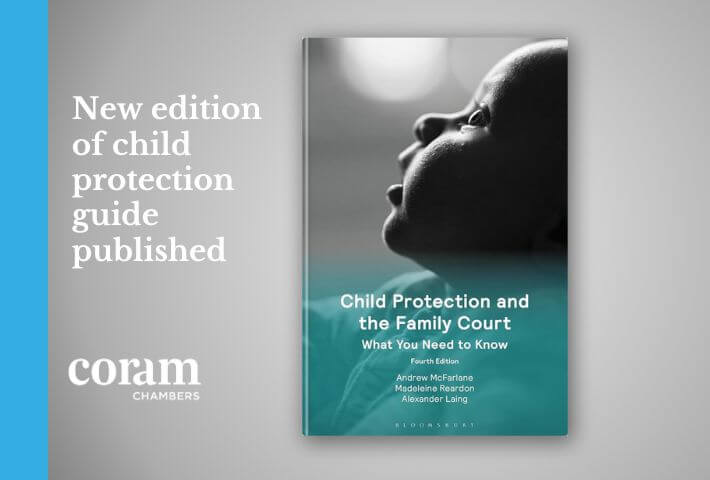This article was originally published by Maya Achan, in Family Law Week. Read the full article over on Family Law Week
“In June 2022, the Ministry of Justice quietly decommissioned the Domestic Abuse Perpetrator Programme (“DAPP”), leaving a lacuna of support for hundreds of families in conflict. Perpetrators are currently stuck in a double bind; Cafcass will no longer refer them to a DAPP, and accredited DAPPs refuse to accept self-referrals from those involved in Children Act proceedings. This, in turn, places potential limitations on the recommendations that Cafcass are able to make on risk and contact. Cafcass’ CEO, in their July 2022 report, considered the impact to be profound: ‘in some children’s cases we are not able to progress arrangements without a perpetrator having completed a DAPP’.
What are DAPPs and do they work?
DAPPs are typically 9-month courses consisting of 26-32 group sessions which are either weekly or twice weekly. The first step is a suitability assessment, which requires the perpetrator to accept that they have been abusive. Before 30 June 2022, referrals to local DAPP providers were made following findings of domestic abuse being made against a father; Cafcass did not commission DAPPs for female perpetrators.
The efficacy of DAPPs was assessed by Project Mirabal, which produced a report in January 2015. Their multi-layered dataset included in-depth interviews with 64 men on programmes, and 48 women who were partners/ex-partners of such men. In brief, Mirabal concluded: ‘Physical and sexual violence was not just reduced but ended for the majority of women in this research. Everyday abuse and harassment, unsurprisingly, was more difficult to curtail…’. Whilst noting that DAPPs should not be considered a ‘panacea’, the data showed that most men made progress on a ‘continuum’, with some participants taking small steps and others demonstrating significant change.
The answer to whether DAPPs ‘work’ is not clear-cut; change in perpetrator behaviour varies between individuals and depending on the category of harmful behaviour being measured. Nonetheless, the stringent suitability assessment and the subsequent reports produced gave the court insight into a perpetrator’s capacity to reflect and change. The court might otherwise be left without any such information, aside from the perpetrator’s word.”
Read the full article over on Family Law Week


